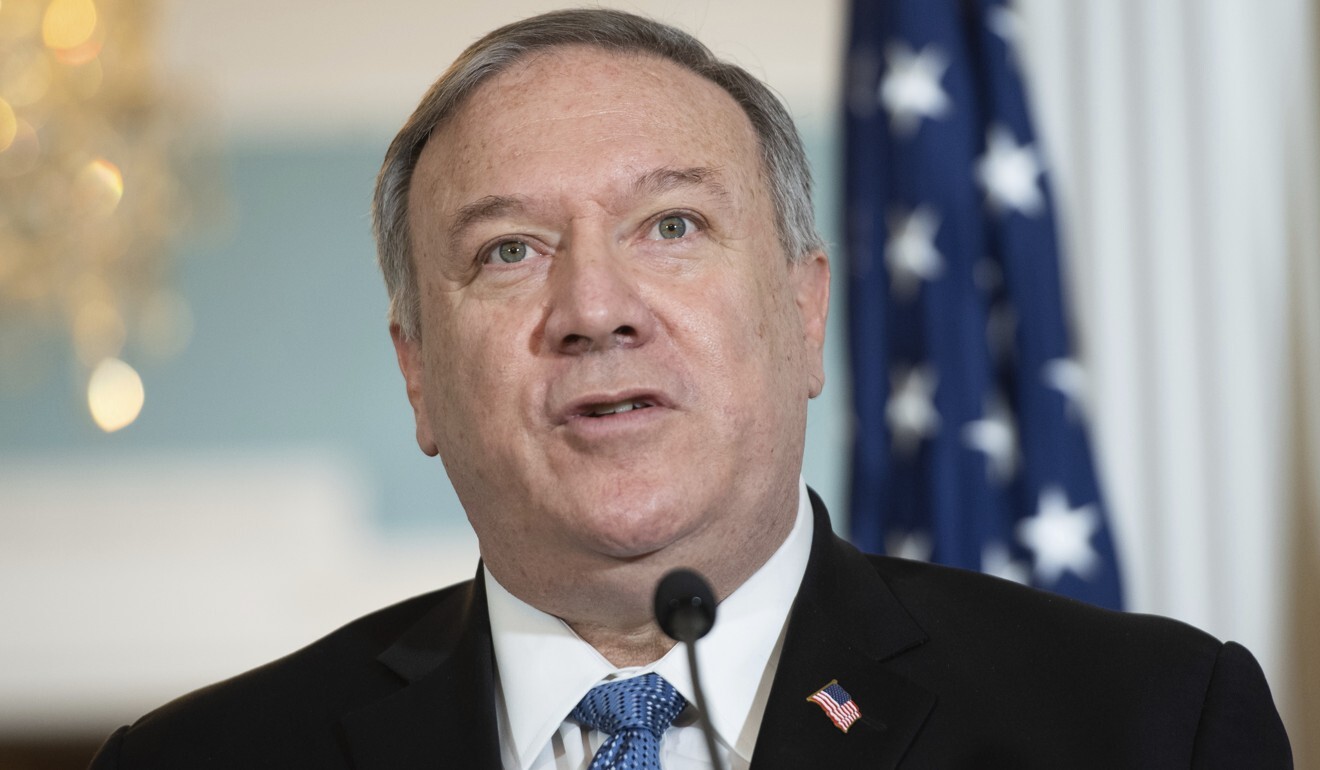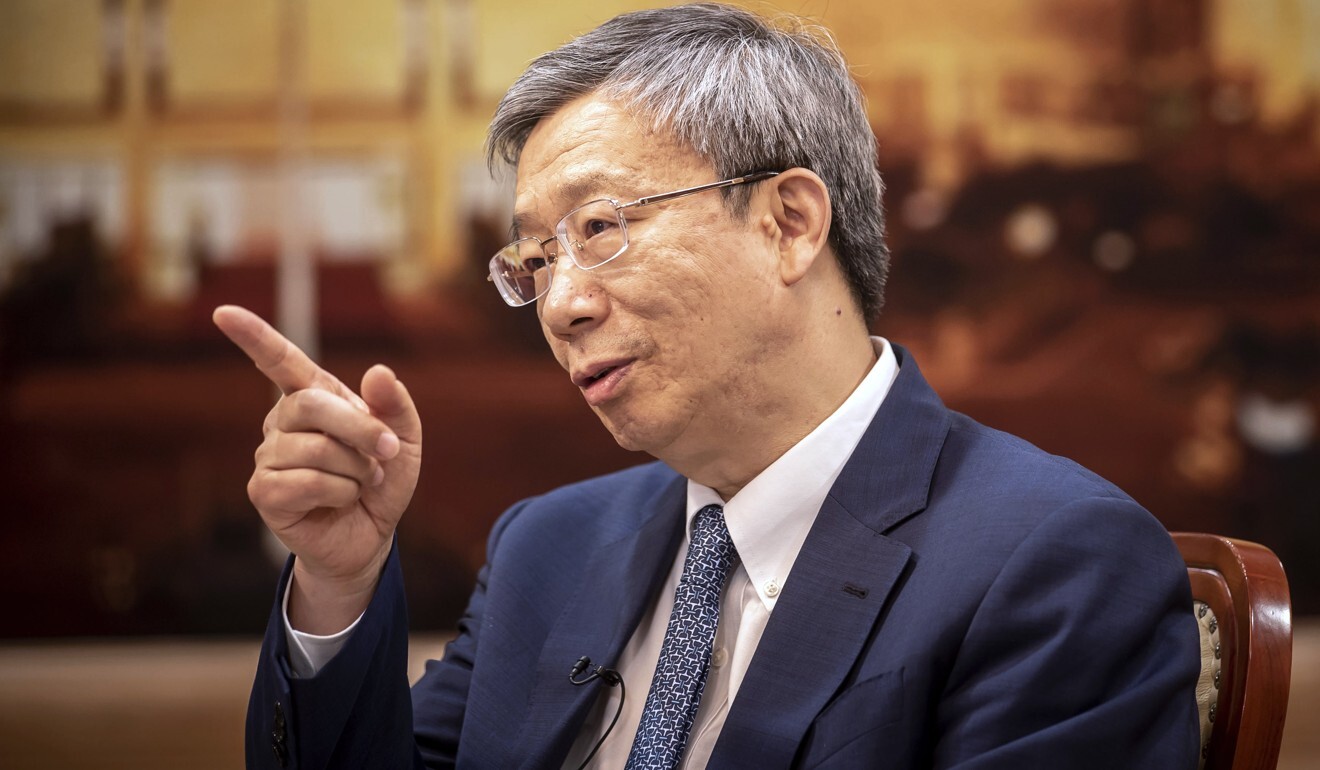
US President-elect Joe Biden calls for stronger trade coalitions against China, as EU seems close to a deal
- Comments come as European Union appears close to striking a separate deal with Beijing
- Remarks underscore the degree to which Biden’s China policies may align with those of Donald Trump
US President-elect Joe Biden called on Monday for stronger coalitions against China on the trade and economic fronts, even as the European Union appeared close to a bilateral investment agreement with Beijing.
“As we compete with China and hold China’s government accountable for its abuses on trade, technology, human rights and other fronts, our position will be much stronger when we build coalitions of like-minded partners and allies,” said Biden, who will assume office on January 20.
“On any issue that matters to the US-China relationship – from pursuing a foreign policy for the middle class, including a trade and economic agenda that protects American workers, our intellectual property and the environment – to ensuring security and prosperity in the Indo-Pacific region, to championing human rights – we are stronger and more effective when we are flanked by nations that share our vision,” Biden said.
Representatives of the 27 EU member states were briefed by negotiators who had “reported on recent positive developments in the negotiations with China including on labour standards” – an area that had been a sticking point in earlier talks, according to an EU diplomat with knowledge of the discussions.
All EU member states back China investment deal, sources say
As part of the deal, European businesses are expected to gain unprecedented access in telecommunications, finance, and electric and hybrid cars.
Biden’s comments underscore the degree to which his policies will align with those of the departing administration of President Donald Trump – though likely without the sharp rhetoric that has characterised the Trump years.
US Secretary of State Mike Pompeo, a leading China hawk whose tenure ends when the Biden administration begins, has made isolating Beijing a key State Department objective since 2018, when he took over the agency.

“If we don’t act now, ultimately the [Chinese Communist Party] will erode our freedoms and subvert the rules-based order that our societies have worked so hard to build,” he said, a theme he has consistently sounded.
Even so, the US and China have been proceeding, albeit slowly, with the phase one trade agreement they signed in January, which includes commitments by Beijing to open its financial sector further to American companies.
In June, Beijing allowed Wall Street investment bank JPMorgan to operate the first fully foreign-owned futures business on the mainland. Also that month, China’s central bank gave the final nod to a network clearing licence for an American Express joint venture, permitting it to become the first foreign credit card company to launch onshore operations in China.

The possible EU-China investment agreement should be seen more in this context than as a break from Washington, said Mary Lovely, a senior fellow at the Washington-based Peterson Institute for International Economics.
“How much of the EU urgency is due to the perceived head start that the US has coming out of the phase one deal, especially in financial services?” she asked. “The US deal did not recognise the impact of Chinese actions on Europe and this may have provided additional momentum for the EU to seek an agreement by the end of the year.
“The threat of this agreement making it difficult to find common ground with the Biden administration is overblown,” added Lovely, who is also a Syracuse University economics professor. “There will remain important shared concerns about Chinese behaviour to unite the Americans and the Europeans.”
Biden rips Pentagon over transition ‘roadblocks’
Biden announced last month that he would nominate Antony Blinken to be his secretary of state. Blinken is a long-time adviser to Biden, having served as a top aide on the Senate Foreign Relations Committee and as national security adviser from 2009 to 2013, while Biden was vice-president.
“When we’re working with allies and partners, depending on who we bring into the mix, it’s 50 or 60 per cent of GDP. That’s a lot more weight and a lot harder for China to ignore,” he said during a July event at the Hudson Institute, a Washington-based think tank.

